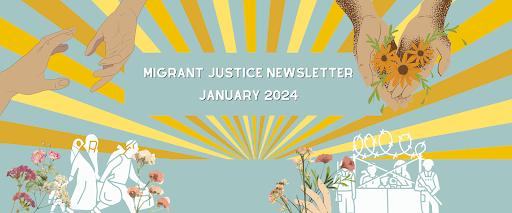On January 14, the Nicaraguan Government issued the following press release. The unofficial translation is from Tortilla con Sal.
The Presidency of the Republic, the Government of Reconciliation and National Unity and the People of Nicaragua, express deep thanks to the Holy Father Pope Francis, the Secretariat of State of the Holy See, its Titular Cardinal His Most Reverend Eminence Pietro Parolin and his Work Team for the very respectful and discreet coordination carried out to make possible the journey to the Vatican of two bishops, fifteen priests and two seminarians.
The list of these people is as follows:
1. BISHOP ROLANDO JOSÉ ÁLVAREZ LAGOS
2. BISHOP ISIDORO DEL CARMEN MORA ORTEGA
3. OSCAR JOSÉ ESCOTO SALGADO
4. JADER DANILO GUIDO ACOSTA
5. PABLO ANTONIO VILLAFRANCA MARTÍNEZ
6. CARLOS JOSÉ AVILÉS CANTON
7. HÉCTOR DEL CARMEN TREMINIO VEGA
8. MARCOS FRANCISCO DIAZ PRADO
9. FERNANDO ISAÍAS CALERO RODRÍGUEZ
10. SILVIO JOSÉ FONSECA MARTÍNEZ
11. MIKEL SALVADOR MONTERREY ARIAS
12. RAÚL ANTONIO ZAMORA GUERRA
13. MIGUEL AGUSTÍN MANTICA CUADRA
14. JHADER ANTONIO HERNÁNDEZ URBINA
15. GERARDO JOSÉ RODRÍGUEZ PÉREZ
16. ISMAEL REINEIRO SERRANO GUDIEL
17. JOSÉ GUSTAVO SANDINO OCHOA
18. TONNY DANIEL PALACIO SEQUEIRA
19. ALESTER DE JESÚS SÁENZCENTENO


